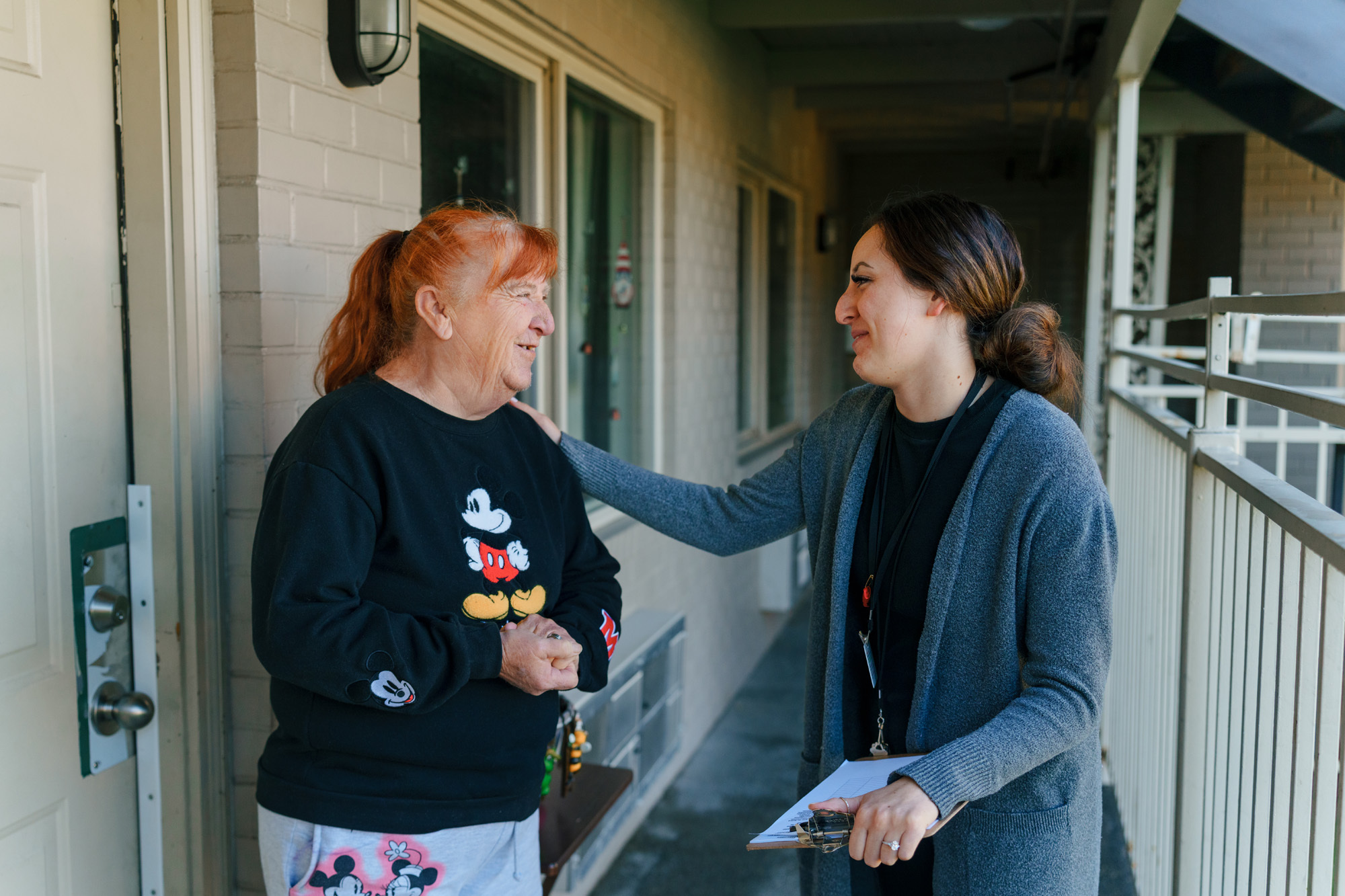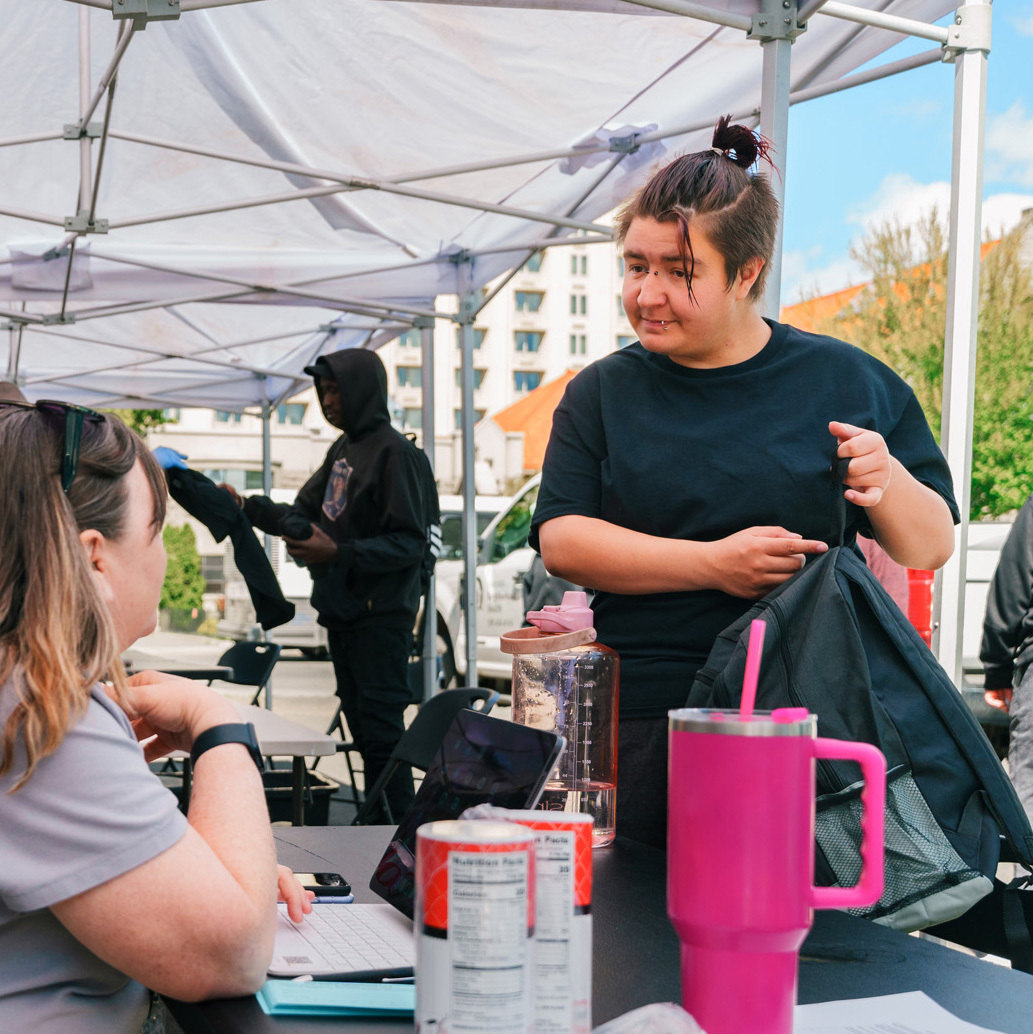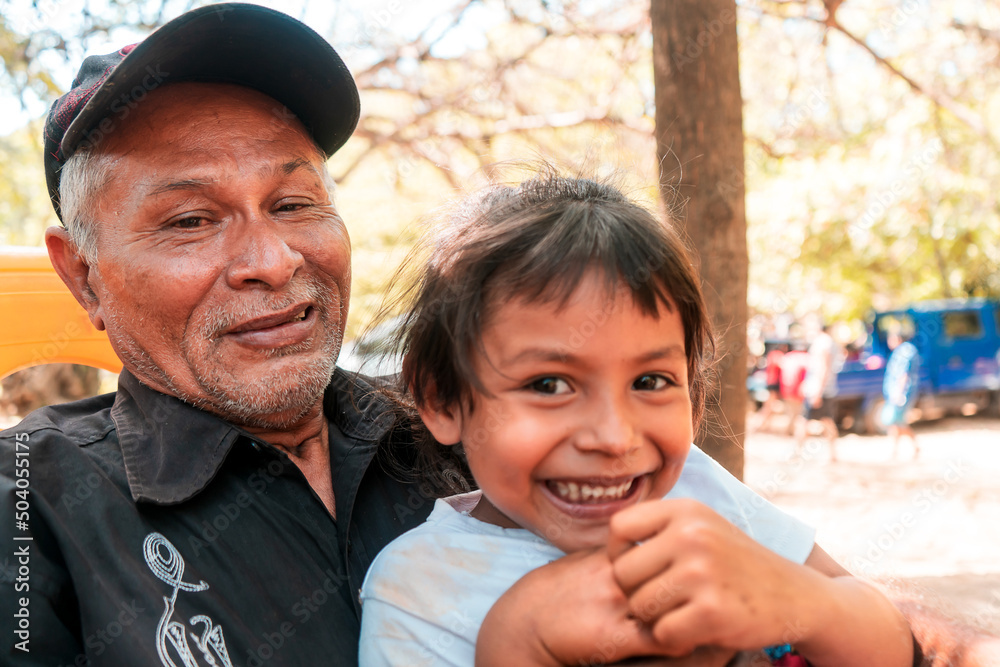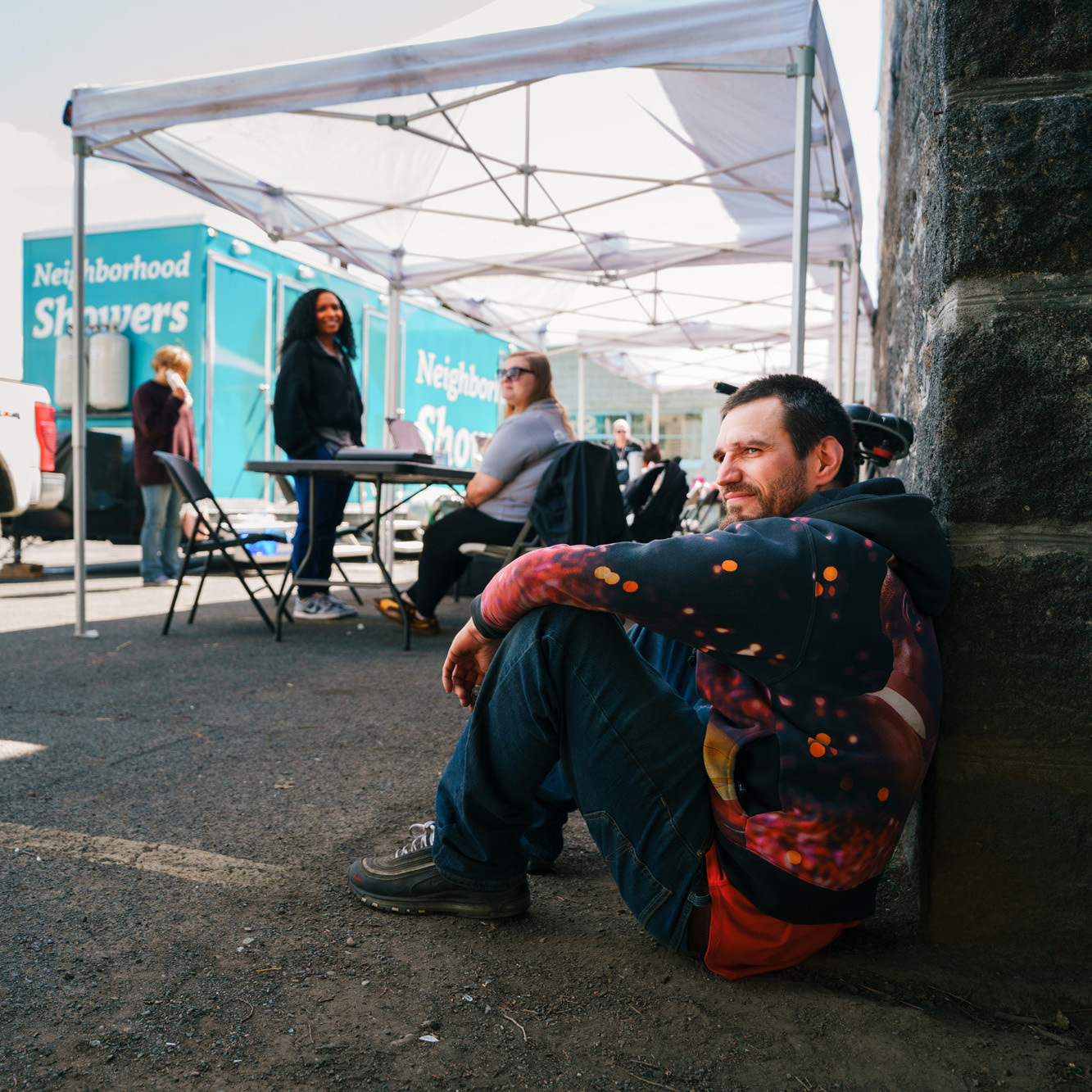Low-Income and Disadvantaged
A significant portion of our patient population consists of low-income and disadvantaged individuals and families who face economic barriers to accessing healthcare. Many of these individuals are uninsured or underinsured, making it difficult for them to afford the care they need. We strive to break down these barriers by offering affordable, sliding-scale fees and accepting a variety of insurance plans, including Medicaid and Medicare.
Homeless
Homelessness is a pressing issue in our community, and we’re dedicated to providing comprehensive healthcare services to individuals and families experiencing homelessness or housing instability. Through our medical respite care program, outreach efforts, and partnerships with local shelters and social service agencies, we strive to meet the unique healthcare needs of this vulnerable population and support them on their journey to stable housing and better health.
Migrant and Seasonal Farmworkers
Yakima County is home to a large population of migrant and seasonal farmworkers, many of whom face significant barriers to accessing healthcare due to language and cultural differences, transportation challenges, and lack of insurance coverage. We are committed to meeting the healthcare needs of these essential workers by offering culturally and linguistically appropriate care, mobile medical units that bring services directly to agricultural communities, and outreach efforts to improve access to care for this underserved population.
Residents in Public Housing
Many residents in public housing complexes throughout Yakima County rely on us as their primary healthcare source. Whether they are families with children, seniors, or individuals with disabilities, we are dedicated to providing accessible, high-quality healthcare services to residents in public housing, including preventive care, chronic disease management, and behavioral health support.
Ethnically and Linguistically Diverse Communities
Yakima County brings together a rich tapestry of cultures and ethnicities, including a large population of Hispanic/Latino residents. We are committed to providing culturally and linguistically competent care to all members of our community, regardless of their background or native language. Our team includes bilingual and bicultural staff members dedicated to ensuring patients feel comfortable and understood during their healthcare visits.
Complex Health Needs
Many of the individuals we serve face complex health challenges, including chronic conditions, mental health disorders, substance use disorders, and social determinants of health such as poverty, homelessness, and food insecurity. Our integrated care model emphasizes a holistic approach to healthcare, addressing both the physical and social factors that impact our patients’ well-being and working collaboratively with community partners to connect patients with the resources and support they need to achieve better health outcomes.








